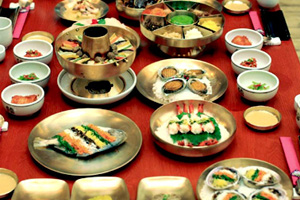

서비스 접속 대기 중입니다.
예상대기시간 : --:--:--
현재 접속 사용자가 많아 대기중이며,
잠시만 기다리시면 자동 접속됩니다.
잠시만 기다리시면 자동 접속됩니다.
진주시

서비스 접속이 차단 되었습니다.
현재 접속하신 아이피에서는
접속이 불가능합니다.
접속이 불가능합니다.
진주시

서비스 접속이 불가합니다.
접속량이 많아 접속이 불가능합니다.
잠시 후 다시 접속해주세요
잠시 후 다시 접속해주세요
진주시







